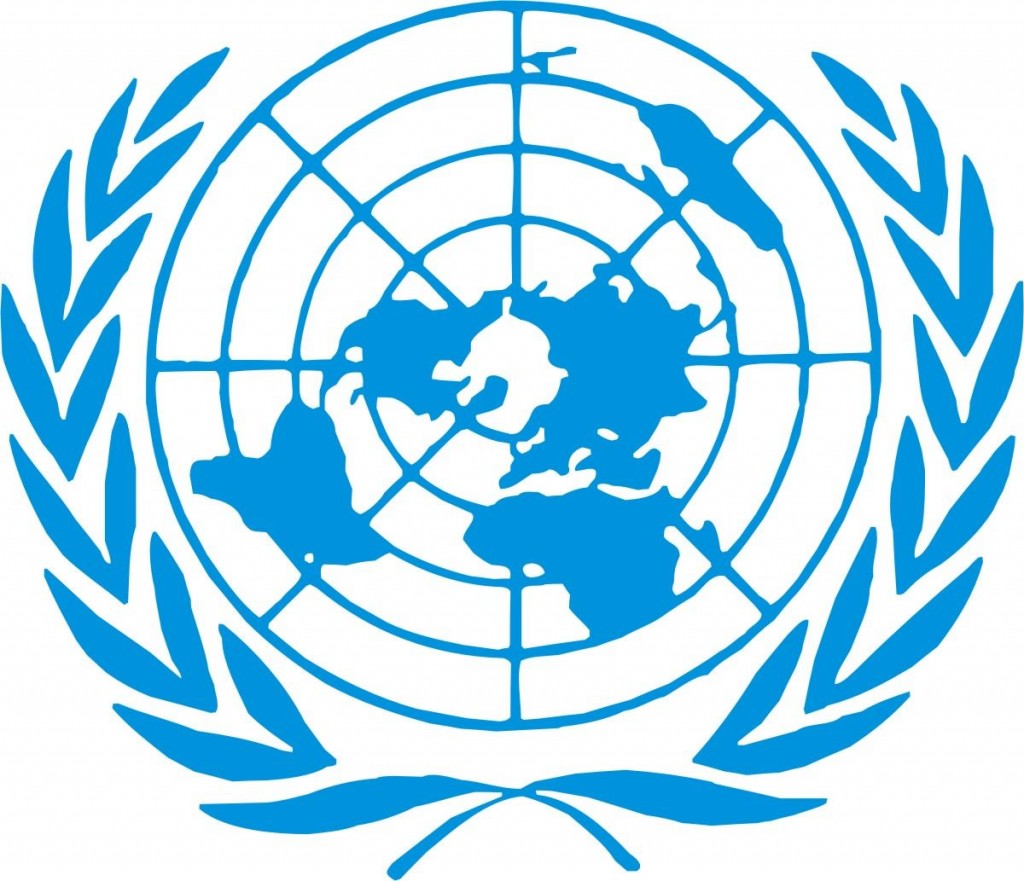Latest News
UN calls on all parties to respect health facilities
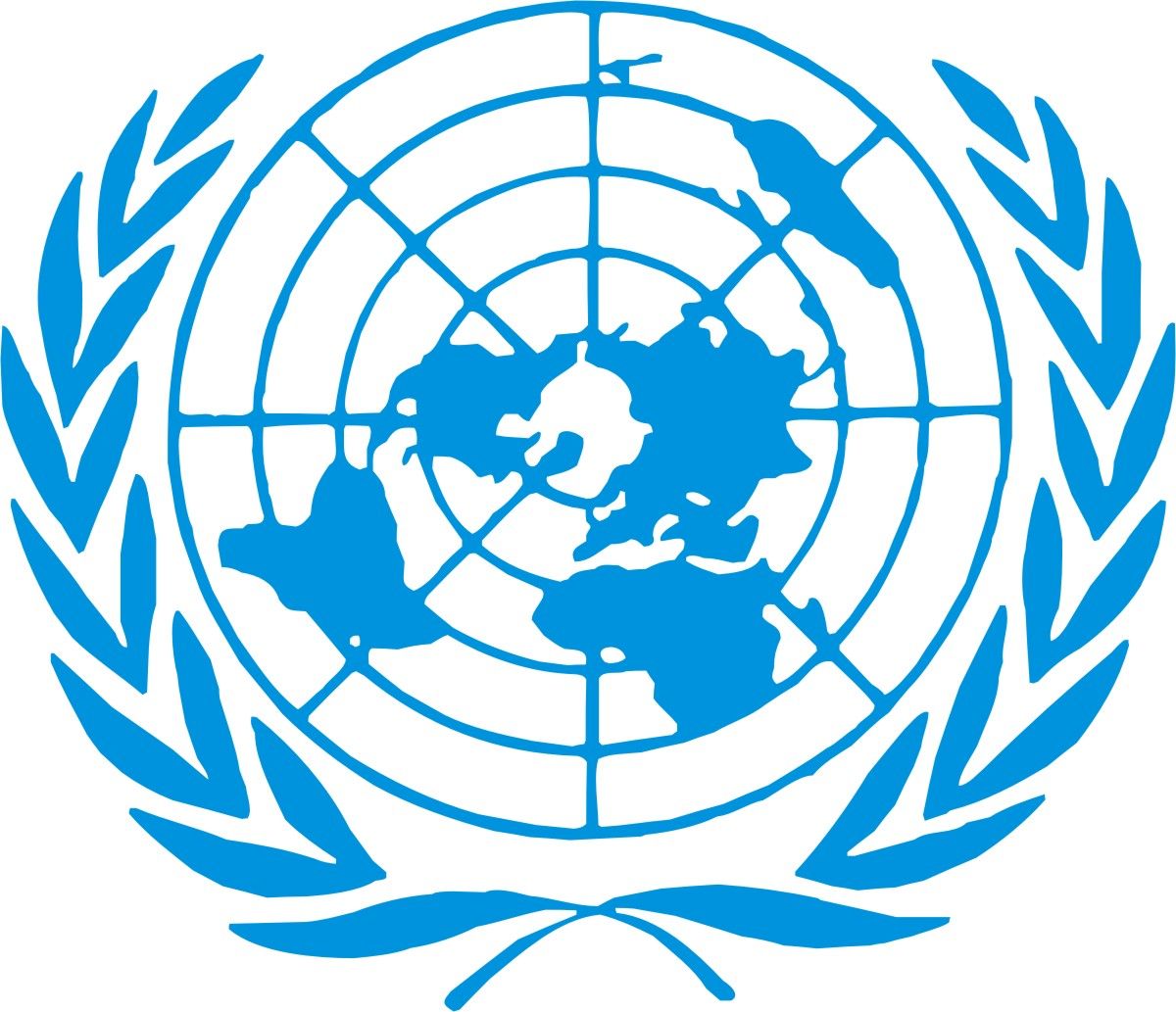
The United Nations reminds all parties to the conflict in Afghanistan of their obligation to always respect the provision of healthcare, never to harm medical personnel and patients and to ensure that the protected status of medical facilities is respected.
In two incidents in the last week, access to healthcare was under attack, resulting in deaths and injuries.
“Medical facilities, medical personnel, and those who are receiving treatment, for disease or conflict- related injuries, must never be placed at risk, let alone subject to attack,” said Mark Bowden, the UN’s Humanitarian Coordinator and the Secretary-General’s Deputy Special Representative for Afghanistan. “The work that humanitarian and medical personnel carry out must not be restricted, and all parties to the conflict must abstain from actions that may place these persons or facilities at risk.”
On 22 February, in the Sia Gird District of Parwan Province, a suicide attacker targeting Afghan security forces detonated an improvised explosive device in proximity to the entrance of the district health clinic, killing seven civilians and injuring seven others (including three boys).
On 18 February, Afghan Ministry of Interior Special Forces and the international military conducted a joint operation in the Tangi Sayedan area of Daimirdad District of Wardak province and entered a government health clinic funded by the Swedish Committee for Afghanistan. After the manager of the facility was tied up and other medical personnel forced with him into a room, two patients and a 15-year-old boy on visit were taken to a nearby shop and summarily executed.
The 2015 UNAMA-OHCHR Annual Report on the Protection of Civilians in Armed Conflict issued earlier this month documented an increase in the number of conflict-related incidents deliberately targeting hospitals, clinics and health personnel.
The UN reiterates that intentional attacks on or in the vicinity of education facilities and hospitals, or on their personnel, committed as part of the ongoing conflict, constitute violations and abuses of international human rights law, breaches of international humanitarian law, and also violate the Constitution of the Islamic Republic of Afghanistan.
All parties to the conflict are bound to uphold the international humanitarian law principles of distinction and precautions in attack, and spare the civilian population or persons horsed combat and civilian objects from harm.
The UN urges all parties to refrain from targeting hospitals and to take all feasible precautions to prevent casualties among their patients and personnel.

Latest News
Uzbek and Qatari leaders discuss Trans-Afghan Railway project
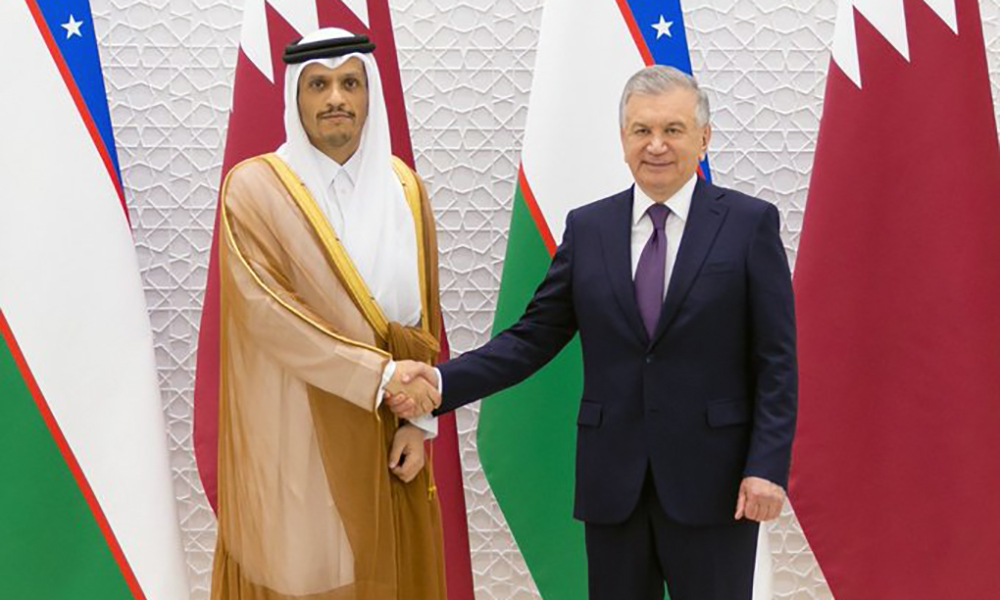
Uzbekistan’s President Shavkat Mirziyoyev on Monday met with Qatar’s Prime Minister and Foreign Minister Sheikh Mohammed bin Abdulrahman Al Thani for talks on a number of issues including the Trans-Afghan Railway project.
The two leaders also discussed bilateral trade issues, strengthening of relations and regional matters, including the escalating situation in the Middle East.
In October 2023, Uzbekistan Railways JSC presented the Trans-Afghan Railway project to Qatar’s Ministry of Transport.
Subsequently, deliberations were held on Qatar’s involvement in the project’s execution.
In February 2021, Uzbekistan, Afghanistan, and Pakistan signed a roadmap for the Termez-Mazar-i-Sharif-Kabul-Peshawar railway construction.
The envisioned transport corridor, estimated at approximately $5 billion, aims to connect Europe, Russia, Uzbekistan, Afghanistan, Pakistan, India, and Southeast Asian nations, boasting a transit capacity of up to 20 million tons of cargo.
Latest News
Pakistani police give Afghans in Balochistan one day to leave
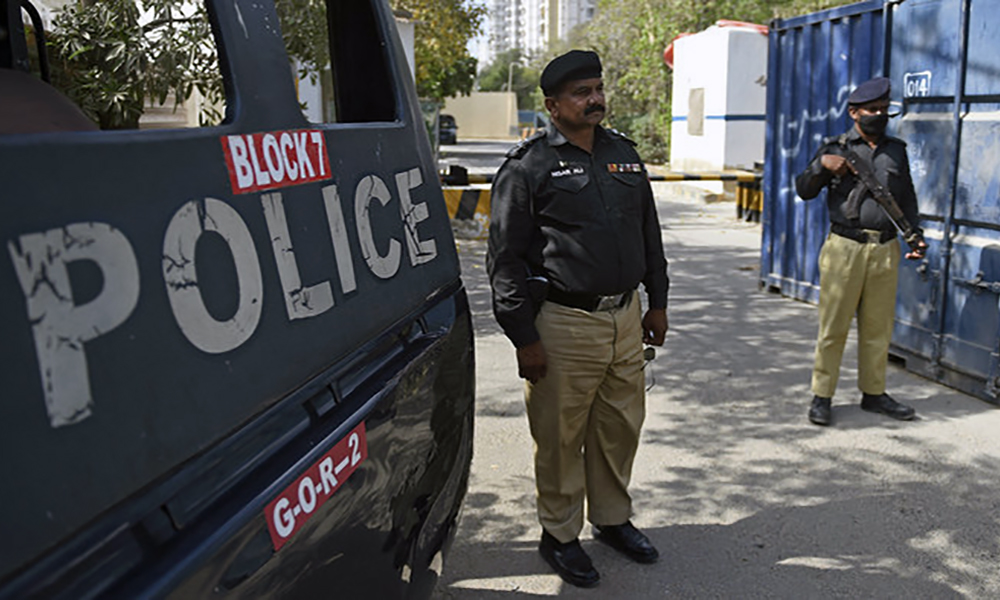
Afghan migrants were reportedly warned by Balochistan officials, in Pakistan, on Monday to voluntarily leave the country by Tuesday, March 16.
Local media reports state this applies to all Afghans in the province, even documented refugees.
Afghans in Balochistan said on Monday that police told them they would be forcibly evicted if they had not vacated their villages by 8am on Tuesday.
Islamabad was expected to start the second phase of forced deportations of Afghan refugees on Monday, April 15.
Officials said this applies to about 850,000 Afghans – many of whom have lived in Pakistan for decades.
The Afghan caretaker government and UN agencies estimate that more than half a million people have been deported from Pakistan or voluntarily returned to Afghanistan in less than six months.
Latest News
Baradar visits flood-hit areas of Uruzgan province
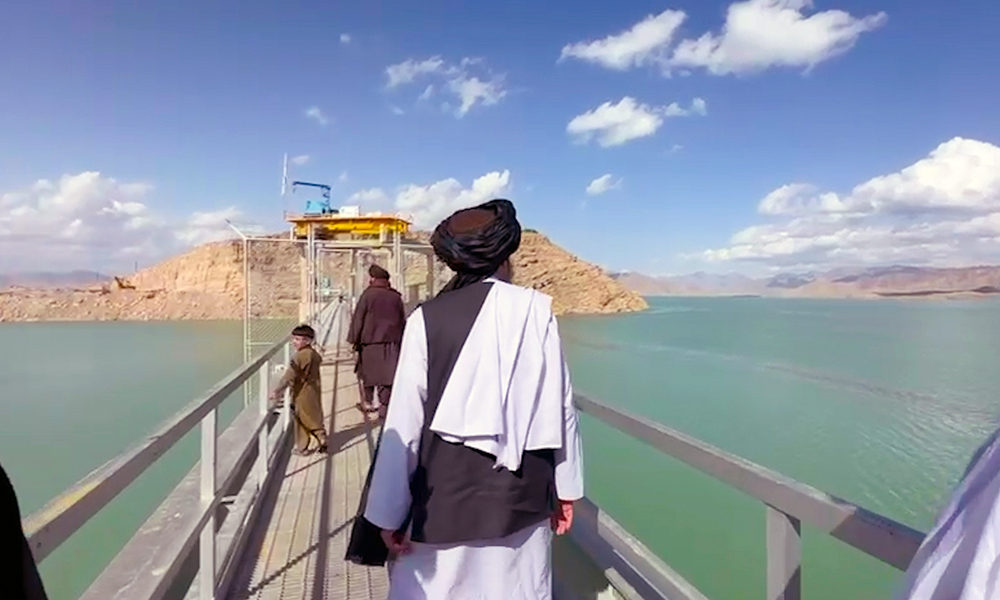
Mullah Abdul Ghani Baradar, the Deputy Prime Minister for Economic Affairs, visited flood-hit areas of Uruzgan province on Monday, April 15th, where he met with local officials and members of the public.
During his visit, Baradar assessed the impact of the floods and ordered necessary assistance to be provided.
He assured the people of the government’s commitment to supporting those affected by the disaster.
Emphasizing the importance of effective governance, Baradar urged provincial officials to prioritize the welfare of vulnerable citizens and underscored the sacrifices made by the people in establishing the Islamic system.
He also said the people had a right to a peaceful life under the Islamic Emirate.
Baradar also said the government had an obligation to promptly address the needs of citizens across the country in times of crises.
Residents of Uruzgan province in turn expressed their satisfaction with the responsiveness of civil and military authorities under the Islamic Emirate. They lauded the government’s intervention during times of need and expressed optimism about the elimination of hatred, ethnic biases, and hypocrisy under Islamic Emirate, heralding a new era of unity and stability for Afghanistan.
Baradar also visited Kajaki Dam in neighboring Helmand province on Monday where he praised officials for work done on the dam.
He said the Kajaki Dam project was of national value and vital to the well-being of the country.
Baradar said that due to recent droughts and the lack of water in dams, the level of electricity production had also decreased, but that this year, thanks to heavy rains in the country, the water levels had increased and many of the dams, including Kajaki Dam are overflowing.
He said this will boost harvests this year and that electricity production in the country will also increase.
Kajaki Dam is one of the largest dams in the country and was was built in the Kajaki district of Helmand province to control seasonal floods on the Helmand River, irrigate agricultural lands and generate electricity.
-

 5 days ago
5 days agoSaar: Concerns over drug trafficking from Afghanistan discussed
-

 Tahawol5 days ago
Tahawol5 days agoTahawol: Concerns over continuation of acting government discussed
-

 Regional3 days ago
Regional3 days agoIndian foreign ministry advises against travel to Iran, Israel
-
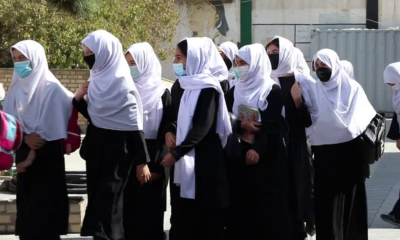
 Latest News5 days ago
Latest News5 days agoBanning girls’ education has caused economic issues: private school officials
-

 Latest News4 days ago
Latest News4 days agoAfghanistan withdrawal probe sparks anxiety within Biden administration: US’s McCaul
-

 Latest News3 days ago
Latest News3 days agoTop former US general claims Daesh-Khorasan is ‘on the upswing’
-

 Latest News3 days ago
Latest News3 days agoLightning strikes in Helmand kill one, injure three
-

 Science & Technology4 days ago
Science & Technology4 days agoChina launch of relay satellite Queqiao-2 for lunar probe mission successful

